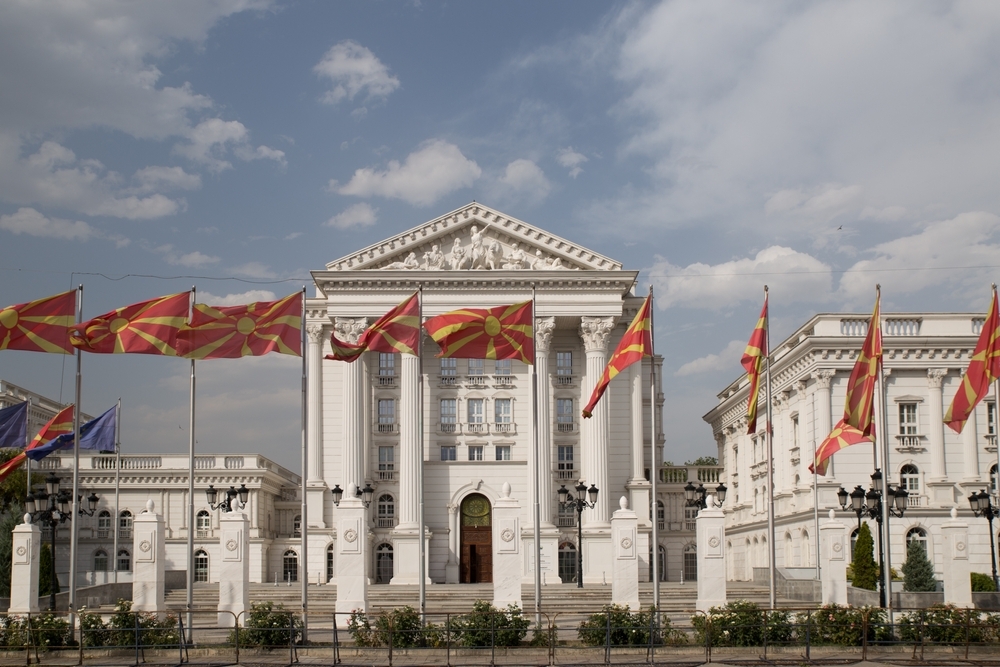Constitutional Court of North Macedonia defers the hearing on the ‘Law on the Use of Languages’

The Constitutional Court of North Macedonia has deferred the hearing on the constitutionality of the Law on the Use of Languages to an undetermined date. This decision was made during Wednesday’s session of the Constitutional Court, which was boycotted by two Albanian judges, Osman Kadriu and Naser Ajdari. Through their boycott, Kadriu and Ajdari seek to obstruct the initiation of proceedings regarding this law. The boycott is connected to a conclusion adopted by the Constitutional Court in 2022 and 2023, mandating the unanimous participation of all members for procedures concerning the Law on Languages, the Prespa Agreement, and the Law on Electronic Communications.
Why is it important: The ruling of the Constitutional Court on the Law on the Use of Languages could fuel inter-ethnic tensions in North Macedonia, where relations between the ethnic Macedonian majority and the ethnic Albanian community, which comprises about 30% of the population, remain shaky. Ali Ahmeti, leader of the main Albanian opposition party DUI, addressed on Wednesday a crowd gathered outside the Constitutional Court, stating that December 11, 2024, reminds him of 1989—a time when “Milosevic suppressed Kosovo’s autonomy.”
The context: The Law on the Use of Languages has remained in the Constitutional Court’s files for five years, alongside the legal provisions on ethnic quotas in the public sector which the Court repealed on October 9. Both issues became part of the Constitutional Court agenda a few months after VMRO-DPMNE assumed power in North Macedonia—a party that had previously opposed both laws.
Under the Law on the Use of Languages, which came into effect in 2019, Albanian is recognized as an official language in the country.
The Constitutional Court is currently examining Article 9 of the Law on the Use of Languages, which stipulates that in judicial, administrative, and executive procedures, as well as in all government bodies, institutions, and agencies, the Macedonian language and its Cyrillic alphabet, along with the language spoken by at least 20% of the population and its alphabet, must be used.


